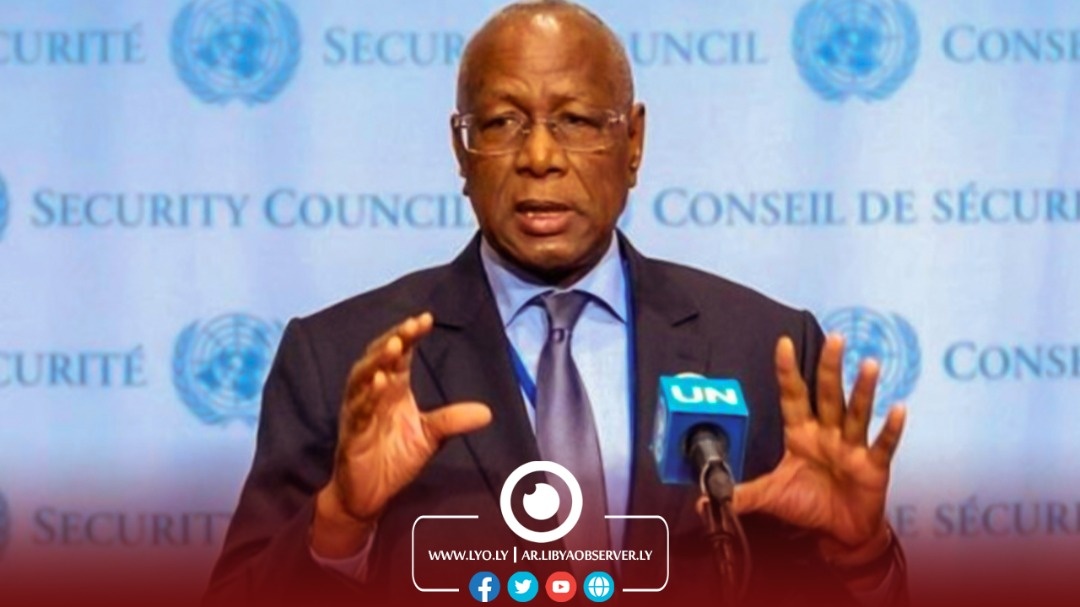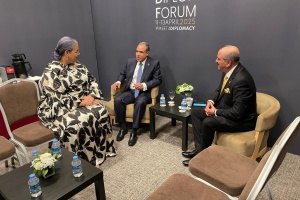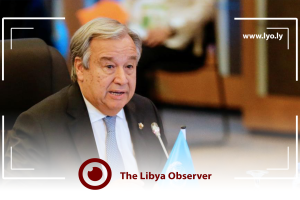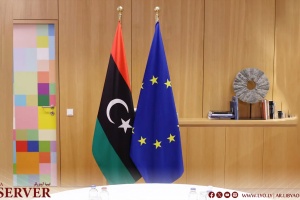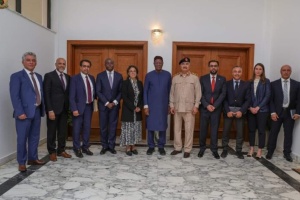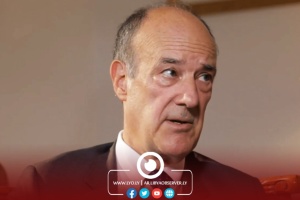The outgoing UN envoy Abdoulaye Bathily said that a solution cannot be reached in Libya as long as the main players in the country continue to monopolize the political process, adding that Libyan leaders during the past transitional stages continued to compete and were not actually interested in the stability of the country.
He added, in a lengthy interview published on the United Nations website on Monday, that he saw how happy they were with the situation in which they can "share the fruits of governance among themselves... Libya is not a poor country, but in fact, it is a very rich country, and despite this crisis, It still produces 1.3 million barrels of oil per day. There are enough resources for every Libyan to live in prosperity, but what we have seen is that the average Libyan has been impoverished in the past ten years.” Bathily said.
"There is no transparency, and Libyans talk about corruption in the government, but when you look at the situation in the education sector and in the health sector, you see the devastation left by the wars, and the infrastructure has not been rebuilt.” He added.
"I had the opportunity to travel throughout Libya, east, west and south, and I visited all the communities, and I listened to the stakeholders and citizens there, who complained about all the leaders, and how those leaders deprived them of the prosperity they deserve."
Bathily talked about a new type of interest in Libya's geopolitical position from regional and international powers, as a result of international and regional crises, including the war in Ukraine, saying that at the same time, the war in Sudan has had an impact in recent months on the security situation in Libya, and away from the direct southern border, there is the crisis in the Sahel region that has worsened over the past months, including in Mali and Burkina Faso. In addition to of course the situation of refugees in Chad, and all of this greatly affected the internal situation in Libya.”
Regarding the spread of armed groups and heavy weapons in the capital, Tripoli, Bathily said we all know that Libya today was almost an open supermarket for weapons that are used for internal political competition among armed groups, and also in arms deals, arms races, and arms trade with their neighbors and beyond.”
Among other hot issues in Libya is the issue of immigration, as Bathily explained, noting that, “Unfortunately, due to the security situation in Libya, there is no hope in the medium term, or even in the long term, to think that this situation will improve.”
Bathily stressed that the Libyans aspire to democracy and freedom, but the space for democracy is shrinking more and more with the rivalries between leaders, increasing tensions, and competition between armed groups and elements that are ready to suppress any opposition voices in the country.

